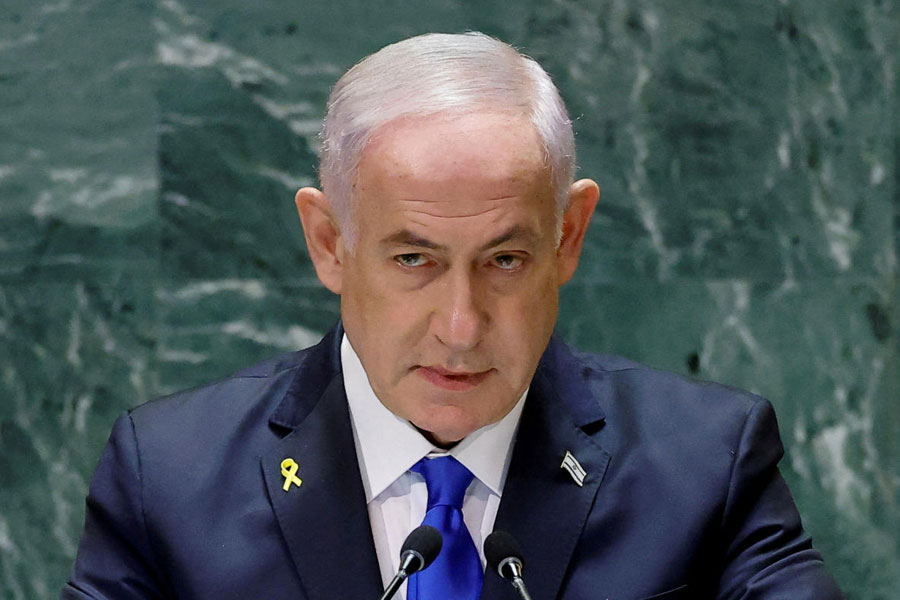More than three weeks after Iran struck Israel with a barrage of missiles, roles were reversed last Saturday. Israel fired a volley of missiles at Iran, hitting military facilities and killing at least four soldiers. Right after the attack, Israel signalled it had extracted the retribution it sought. Iran downplayed the impact of the attack, claiming that its missile defence systems had shot down most incoming Israeli rockets. These responses from both sides appear to signal a desire to avoid further escalation for the moment; this would be a welcome development for the region and the world, which have been on edge waiting for Israel to attack Iran as it had promised it would. Israel steered clear of bombing Iran's nuclear or oil facilities, Tehran's prized strategic assets. Yet, none of this signals any broader easing of tensions between Israel and Iran or, indeed, in their shared neighbourhood. The same day that it struck Iran, Israel also hit sites in Iraq and Syria, continued its relentless bombing of Lebanon and, of course, added to its tally of killings in Gaza, now in excess of 42,000 people. The Lebanese armed group, Hezbollah, has continued to fire missiles at Israel. And while Israel's unmatched missile defence system, the Iron Dome, shoots down most rockets, the country is still vulnerable. On Sunday, a truck rammed into a bus stop near an Israeli military base, injuring dozens.
To pause this escalating cycle of violence, all parties to the conflict in the Middle East need to take a step back and give diplomacy a chance. The Israeli prime minister, Benjamin Netanyahu, bears responsibility for repeatedly expanding the war and for persistently shunning ceasefire deals that could have enabled the release of dozens of Israeli hostages currently being held in Gaza and brought to an end the devastation in the besieged Palestinian enclave. With peace talks restarting in Doha, Mr Netanyahu has another chance to show Israel and the world that he is not seeking to prolong the war at any cost as his critics — in Israel and around the world — have contended. Iran, too, must put pressure on its allies, Hezbollah in Lebanon and Hamas in Gaza, to step up and work towards an end to the war. If either side chooses to escalate military conflict now, they must be called out by the international community. The people of Gaza, Lebanon and Israel deserve respite. It is time for the world to say: enough is enough.










